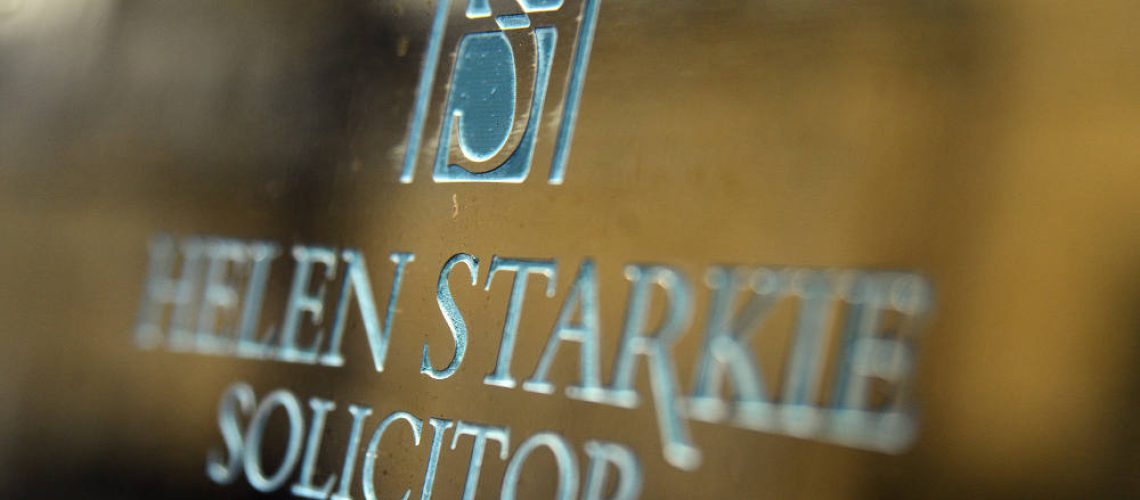A hung parliament – and we shall have to wait to see what will come of manifesto promises and threats!
One manifesto ‘hot potato’ which has attracted a good deal of comment in the press in recent weeks is what is to be the future of care funding for the elderly and I am sure I am not the only professional who has been contacted in the run up to the election by clients asking what they can do to divest themselves of assets which might, at the end of the day, be absorbed in care fees.
The average annual cost of educating a child at a private boarding school in England is currently £32,000. The average cost of residential care for the elderly is the same – and it is £43,000 for residential nursing care. School fees are generally paid by someone earning an income. Care fees for the elderly tend to be paid from much lower income and involve eating into capital.
There is state support for care fees but that is means tested and Local Authorities will not offer any support until the value of a person’s assets (including the value of their home if they do not share it with a spouse or other qualifying relative) falls below £23,250.
So, if you want to pass on assets to members of your family rather than have them depleted in care costs, should you need care in later life, what can you do? Well, there is no one simple answer; the options entirely depend upon your personal circumstances and the value of your assets.
There is a variety of legitimate reasons for and ways in which you can pass assets on to your family in order to mitigate Inheritance Tax liabilities – so if your estate is sufficiently substantial you can, with appropriate advice from your solicitor, make gifts during your lifetime in order to do that and the exercise will incidentally legitimately reduce the value of your assets for care funding means-testing. – But if your reason for disposing of assets is solely to guard against care costs then you need to be very careful indeed! Gifting – or otherwise disposing of – assets with the object of avoiding care costs is defined in the Care Act 2014 as a ‘deliberate deprivation of assets’ and if a Local Authority can prove that a person has deliberately deprived him or herself of an asset it may means test them as if that asset were still owned by them.
‘Disposal’ of an asset for these purposes might include a sale of the asset for less than its real value, the transfer of the title to a house to someone else, cash gifts out of character with previous spending, or reduction of capital by disproportionate spending – eg on gambling.
I have come across clients whose estates are unlikely ever to be liable to Inheritance Tax who have been persuaded by unregulated advisers to transfer assets – including their home – into a trust, labelled an ‘Asset Protection Trust’. The bad news is that such a transfer will almost certainly be seen by the authorities as a deliberate deprivation and not only will the client still be means -tested as if they still own the property, in all probability they will also have paid a good deal in costs to set up the trust arrangement in the first place!
The situation regarding these trusts is different if they are set up for genuine Inheritance Tax planning reasons or if the trust is set up in the Will of one spouse who subsequently dies and whose surviving spouse then needs care.
Contrary to popular belief there is no fixed time beyond which a Local Authority can investigate disposals – and in light of recent savage cutbacks in their budgets Authorities are under intense pressure to investigate cases which in previous years they may not have looked at.
All this is not to say that you cannot make gifts at all during your lifetime, but the golden rule is to take proper advice from a qualified and regulated professional on what safe options are open to you.





